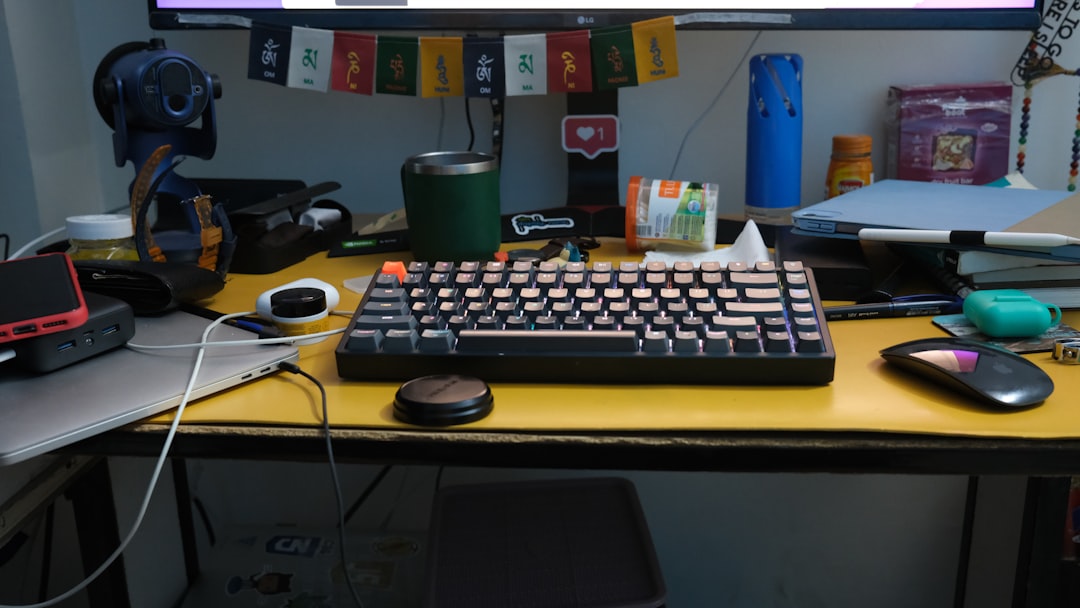Choosing the right speakers for a computer setup can be a surprisingly complex decision. With so many options in the market, users often find themselves torn between compact desktop speakers and bookshelf speakers. Both serve distinct purposes and are suited for different types of users. To make an informed decision, one must understand the differences in sound performance, design, space considerations, and overall value.
Understanding Compact Computer Speakers
Compact computer speakers are designed primarily for convenience and portability. These are the go-to choice for most casual users and office workers. They are typically lightweight, plug-and-play, and require minimal setup. Compact speakers often come in a 2.0 or 2.1 configuration, where the 2.1 includes a subwoofer for added bass.
While compact speakers are sufficient for video calls, music playback, and general multimedia use, they often lack the depth and clarity found in larger setups. Sound staging is limited due to the small size of the drivers and enclosures.
- Pros of Compact Speakers:
- Minimal desk space needed
- Plug-and-play simplicity
- Often budget-friendly
- Portability across different setups
- Cons of Compact Speakers:
- Limited bass response
- Lower overall audio fidelity
- Usually lacking in acoustic power

Exploring Bookshelf Speakers
On the other hand, bookshelf speakers are designed for superior sound delivery. Originally intended for home stereo systems, they have found their way onto computer desks for users seeking premium audio experiences. With larger drivers and better internal components, bookshelf speakers easily outperform compact options in sound clarity, imaging, and bass depth.
Bookshelf speakers are commonly passive, requiring an external amplifier, though active (powered) models with built-in amplification are increasingly popular for desktop use. They are ideal for audiophiles, content creators, gamers, and anyone who demands more from their audio system.
- Pros of Bookshelf Speakers:
- High-fidelity sound reproduction
- Strong bass and detailed mids and highs
- More immersive listening experience
- Cons of Bookshelf Speakers:
- Require more desk or shelf space
- Often need additional components like an amp
- Generally more expensive

Audio Performance Comparison
When comparing audio quality, bookshelf speakers clearly come out on top. With larger woofers and tweeters, they are capable of producing a more balanced and dynamic range. Compact speakers, due to their size, often struggle with lower frequencies and can sound flat or tinny at higher volumes. This difference is especially evident in music genres such as jazz, classical, or electronic, where fidelity and depth are crucial.
For casual background music or video content, compact speakers may suffice. However, for gaming, music production, or immersive movie sessions, bookshelf speakers offer a much richer acoustic experience.
Design and Space Requirements
Design plays a major role in choosing between compact and bookshelf speakers. Compact models are sleek, easy to position, and better suited for minimalist setups. They are often USB-powered or include Bluetooth functionality for added convenience.
Bookshelf speakers, though often elegant in appearance, are bulkier and demand more space. Users may need to invest in speaker stands or wall mounts to integrate them properly into a workstation. The additional weight and bulk can be a drawback for users with limited desk real estate.
Use Cases for Each Type
The ideal speaker choice often depends on the user’s needs and usage patterns. Here’s a breakdown of common use scenarios:
- Compact Speakers:
- Office and work-from-home setups
- Students in dorm rooms or shared spaces
- Casual listeners
- Frequent travelers or mobile users
- Bookshelf Speakers:
- Home studios or content creators
- Gamers looking for immersive experiences
- Audiophiles and enthusiasts
- Multimedia-heavy users
Price and Value
Pricing can vary wildly for both types, but generally, compact speakers are more affordable. Good-quality compact systems are available for under $100, while entry-level bookshelf systems typically start around that mark and go much higher. Factoring in the cost of an amplifier (if needed), bookshelf systems can become a significantly larger investment. Still, for those prioritizing sound quality, the cost is often justified.
The Verdict: Which Is Better?
There is no one-size-fits-all answer. Choosing between compact and bookshelf computer speakers depends entirely on the user’s priorities. Those seeking simplicity, lower cost, and portability should opt for compact models. However, users who value premium sound and can accommodate the size and cost of bookshelf speakers will likely find them a more satisfying long-term solution.
Ultimately, understanding the trade-offs is key. Users should evaluate their workspace, budget, and audio needs before committing to either option.
Frequently Asked Questions (FAQ)
- Q: Can I use bookshelf speakers with my laptop or desktop computer?
- A: Yes, but if they are passive, you’ll need an external amplifier or audio interface. Active bookshelf speakers can connect directly through 3.5mm or RCA inputs.
- Q: Are compact speakers good for gaming?
- A: While serviceable for casual gaming, they often lack depth and positional audio capabilities that gamers might expect for immersive gameplay.
- Q: Do bookshelf speakers always need a subwoofer?
- A: Not necessarily. Many bookshelf speakers offer excellent bass response. However, adding a subwoofer increases low-frequency performance for a fuller sound.
- Q: Which type of speaker lasts longer?
- A: With proper care, both types can last many years. However, bookshelf speakers tend to be built with higher-quality materials and may offer better longevity.
- Q: Can compact speakers ever match the sound quality of bookshelf speakers?
- A: Technology is improving, and some high-end compact speakers sound excellent, but they still generally fall short of the acoustic richness offered by quality bookshelf models.




